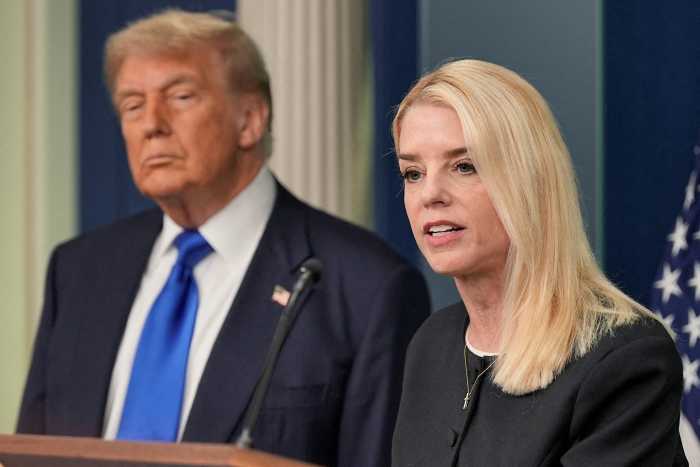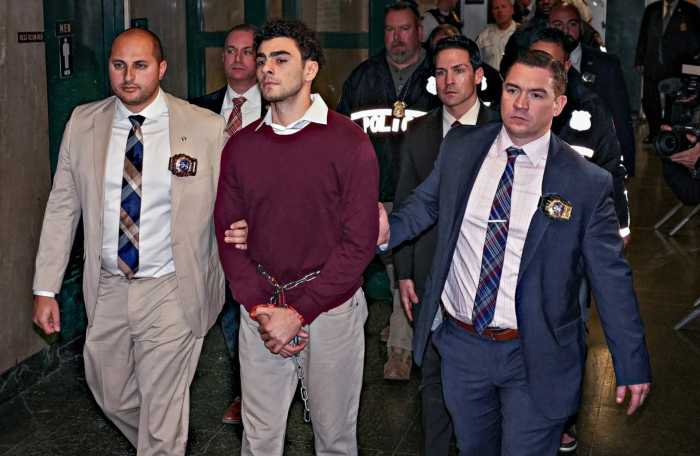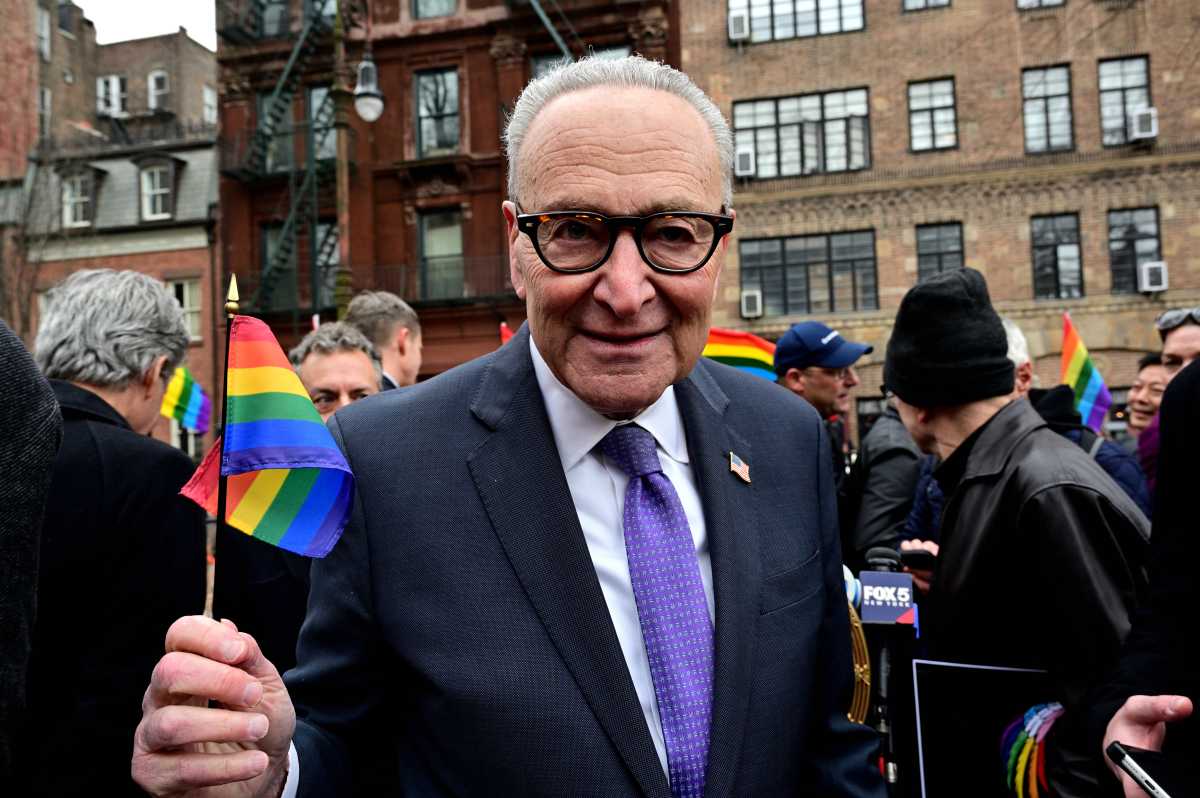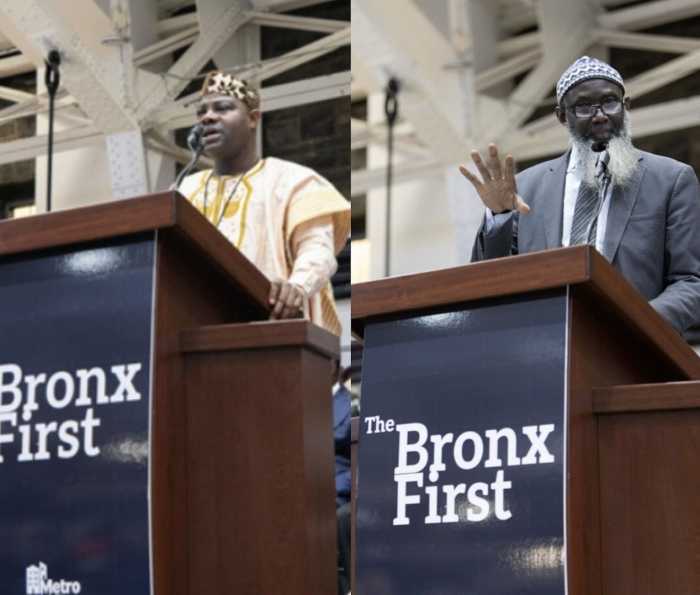A federal judge threw out the indictment against New York State Attorney General Letitia James on Monday, ruling that the Trump administration had acted “unlawfully” in appointing the prosecutor who brought the case, Lindsey Halligan.
Senior U.S. District Judge Cameron Currie ruled in favor of James’ motion to dismiss the financial fraud indictment because Trump had improperly appointed Halligan to serve as the interim U.S. attorney for the Northern District of Virginia. The appointment, Currie said, violated the Appointments Clause of the U.S. Constitution.
Every action that Halligan took, including the James indictment, was tainted and therefore considered “unlawful exercises of executive power,” Judge Currie said. She threw out the indictment against James “without prejudice,” meaning that government prosecutors could re-file the case.
For the same reasons, Judge Currie also threw out another indictment Halligan secured against former FBI Director James Comey.
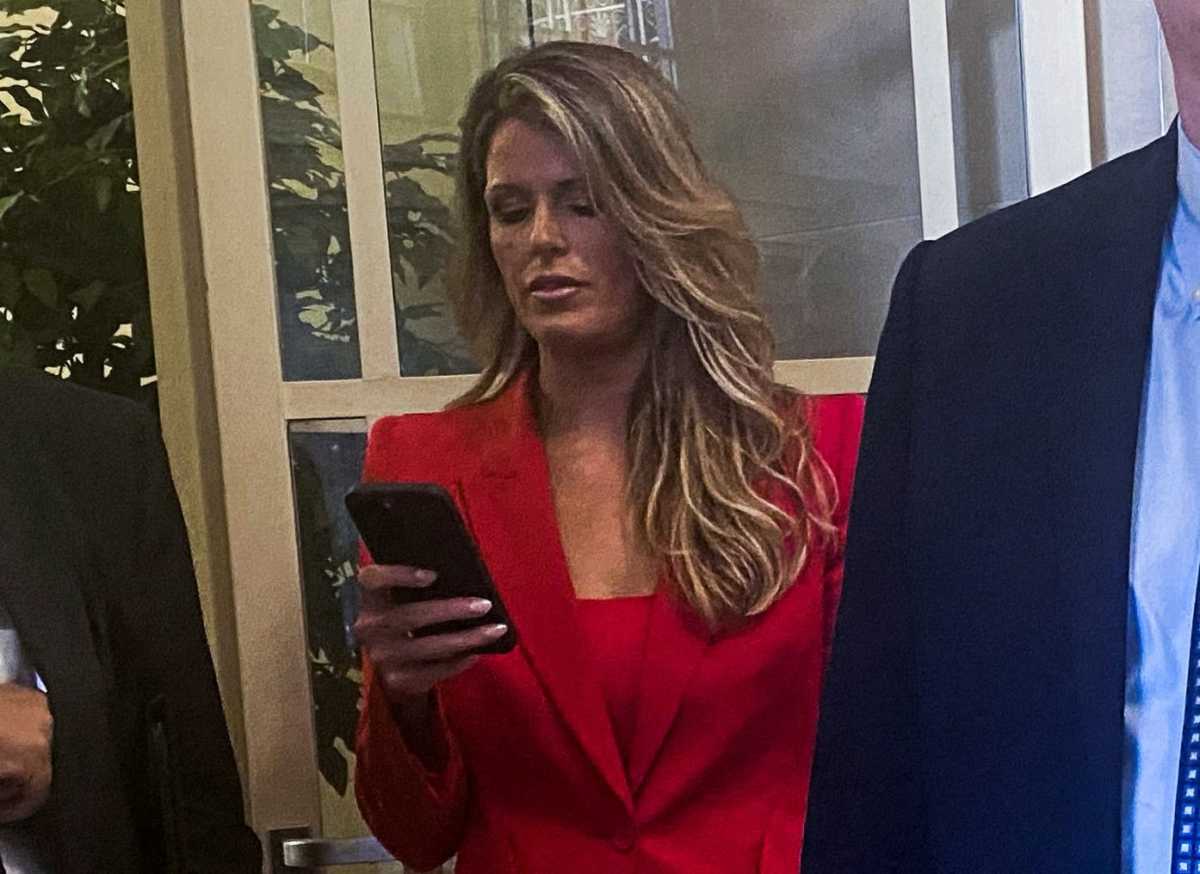
James applauded the judge’s decision in a statement on Monday in which she maintained the charges brought against her were “baseless” from the beginning.
“I am heartened by today’s victory and grateful for the prayers and support I have received from around the country,” the state attorney general said. “I remain fearless in the face of these baseless charges as I continue fighting for New Yorkers every single day.”
Halligan shepherded the indictment against James, who had brought a number of civil cases against President Trump and his business organization over the years. The federal charges, released in October, accused James of allegedly claiming a second home in Norfolk, VA, in order to obtain a favorable mortgage rate.
Trump, who campaigned for reelection in part on a vow of retribution after being indicted four times in three different courts since his first term in the White House ended in 2021, has repeatedly assailed James and Comey on social media and at political rallies as partisan enemies.
James sought to dismiss the indictment against her because Halligan acted as the sole prosecutor who brought the case to a grand jury. Halligan assumed the role of interim U.S. attorney for the Northern District of Virginia on Sept. 22, at U.S. Attorney General Pam Bondi’s direction. On Oct. 9, Halligan obtained the grand jury indictment against James.
During a subsequent hearing on the case, Judge Currie ordered the federal government to provide information regarding Halligan’s direct involvement in the indictment. She subsequently received transcripts of the proceedings which showed only Halligan’s opening and closing remarks, and her presentation of evidence and witness testimony.
James’ legal team argued that Halligan should never have been appointed interim U.S. Attorney, as the Trump administration lacked the proper authority to do so, having already exhausted its interim appointment authority with Erik Siebert, who served as interim U.S. Attorney for the Northern District of Virginia between January and May 2025. Absent of a Senate-confirmed U.S. Attorney appointee, the district court is responsible for selecting an interim prosecutor for the post.
Judge Currie agreed with James’ argument in her 26-page ruling issued on Nov. 26, calling Halligan’s appointment to the interim U.S. Attorney post “defective,” and that the Trump administration had exceeding its executive authority.
“In light of these principles, I conclude that all actions flowing from Ms. Halligan’s defective appointment, including securing and signing Ms. James’s indictment, constitute unlawful exercises of executive power and must be set aside,” Currie wrote. “There is simply ‘no alternative course to cure the unconstitutional problem.'”
With reporting by Shane O’Brien and Reuters





